A Literary Love Affair – Pride and Prejudice by Jane Austen
“It is a truth universally acknowledged… " is a sentence that instantly transports me into the world of Jane Austen. I have lost count of how many times I have devoured the most iconic novel of all time, "Pride and Prejudice". Initially, I read an abridged version as a part of my Literature studies. I did not connect to it when I was merely eleven years old. But later in my teens, I picked up the unabridged book partly as a challenge to finish it. Dear reader, I was obsessed. I savored the book for weeks. My family saw me curled up on the sofa, giggling to myself at Elizabeth's acerbic remarks, Mr. Darcy’s stoicism, and of course, Mr. Bennett’s sly humor.
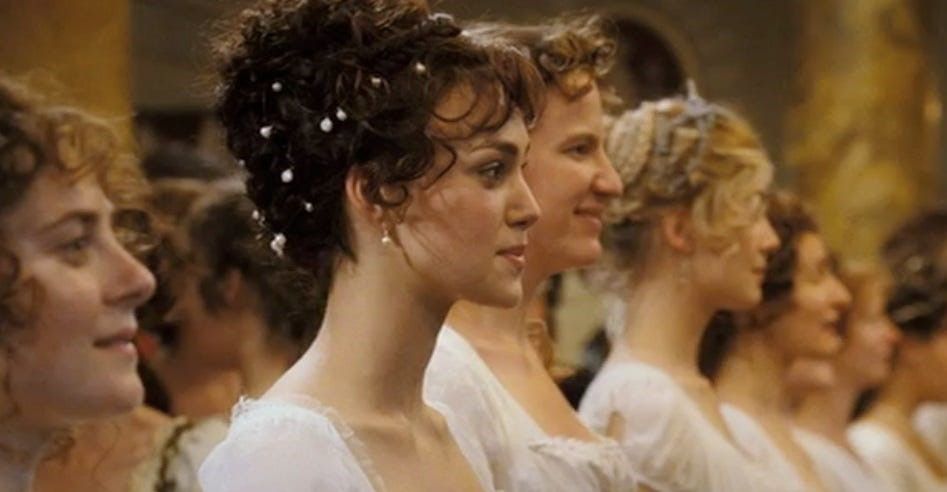

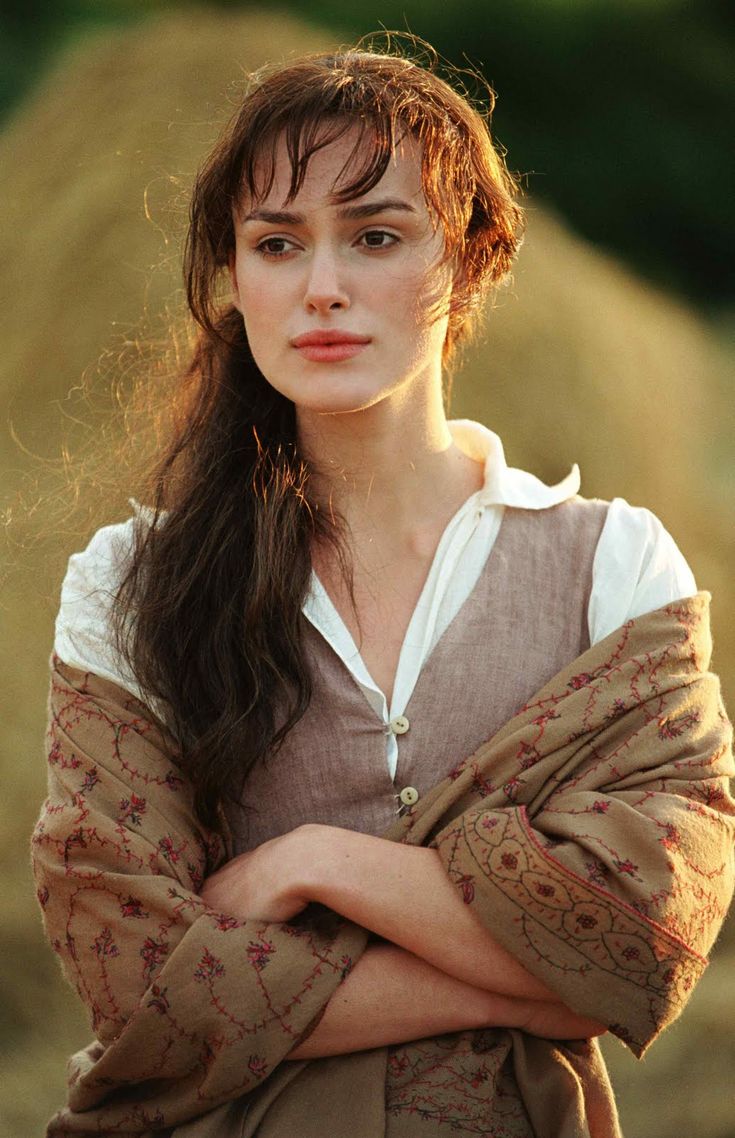
I kept thinking to myself why was this classic so interesting to me? I have not taken to another classic novel quite the way I got attached to Pride and Prejudice. Austen’s writing style is lively and sharp. It took me a while to understand her dry wit, but then I could not stop noticing new turns of phrases or anecdotes every time I reread the book. The book is an insightful exploration of human behavior. Therefore, it remains relatable and engaging to readers through the decades.
Pride and Prejudice was Jane Austen’s second novel. It was initially published in January 1813 as a set of three volumes. The story is a favorite English classic that has aged like fine wine throughout the years. Jane Austen writes about the romantic fumbling of the Benett sisters and their suitors, with wry humor.
The protagonist, Elizabeth Bennett is a young woman who is the second daughter in a family of five daughters. Imagine the chaos in that home! She is a splendidly crafted character. Austen writes about Elizabeth not as a paragon of virtue, but as someone who makes mistakes and learns from them. I admire that she is noticeably defiant of classism and the absurd social dictates among the upper-class gentry. Readers are instantly drawn to her life because she is a feminist in a society that has yet to grasp the concept of female emancipation.


Her family members are also key players in the events unfolding in the story. Her father, Mr. Bennett is a master of sarcastic retorts. He embodies the distant patriarchal role seen in British families of that time. The line “You mistake me, my dear. I have a high respect for your nerves. They are my old friends. I have heard you mention them with consideration these twenty years at least.”, never fails to make me chuckle. Mr. Bennett is quite indulgent with his second daughter, Elizabeth, as seen by how he supports Elizabeth’s rejection of Mr. Collins, a distant relative of the Bennetts. He seems to be fed up with his wife’s matchmaking strategies.


In contrast, Mrs. Bennett likes nothing more than arranging an advantageous match for her daughters. She has devoted all her time to securing marriages, they often end up with hilarious results. Jane, the eldest daughter in the Bennett family, is calm and reserved by nature. At the end of the novel, she finds an equally even-tempered life partner in Mr Bingley. Mary, the third daughter, is a bookworm and an intellectual. She quietly observes the shenanigans of her chaotic family. Kitty and Lydia are the youngest daughters. They are the typical children of a family that seem to have grown up without much obedience from their parents.
Characters such as Mr Collins and Mr Wickham also vied for Elizabeth’s hand in marriage. Lieutenant George Wickham is a soldier who had a previous connection to Mr Darcy’s family. We later learn the shocking plot twist of how that relationship turned sour.
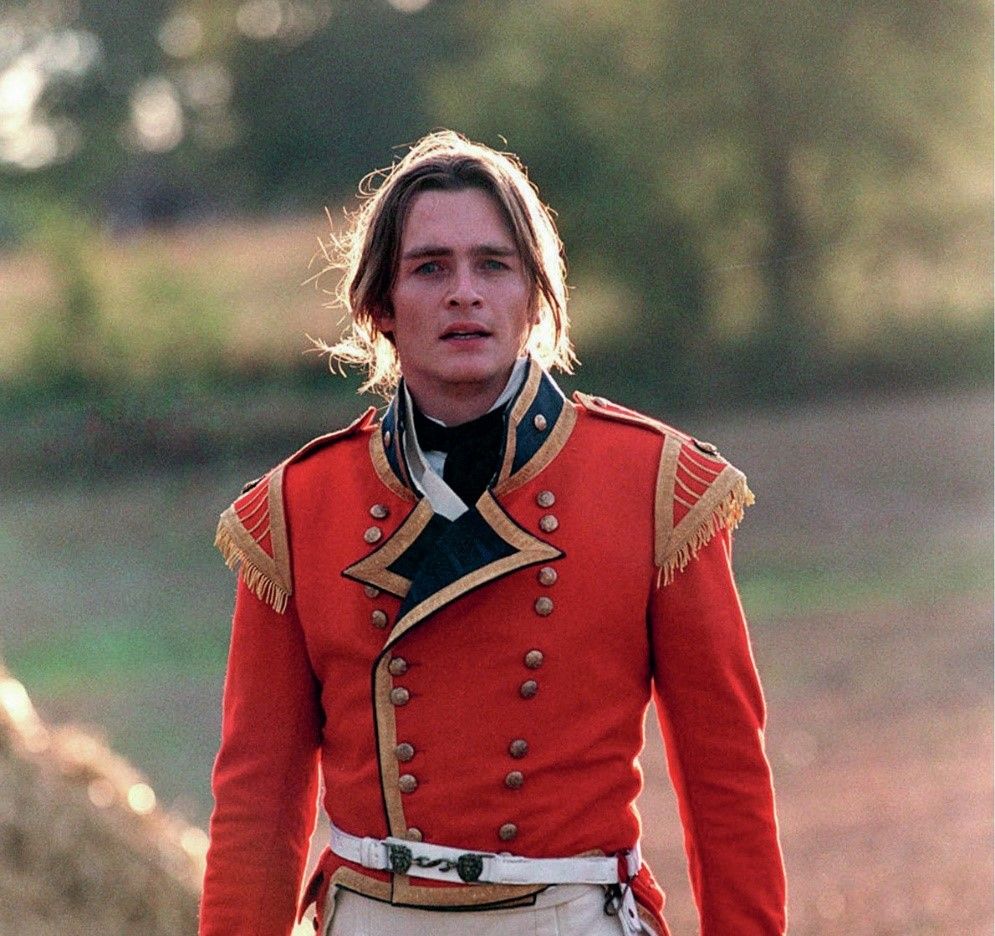
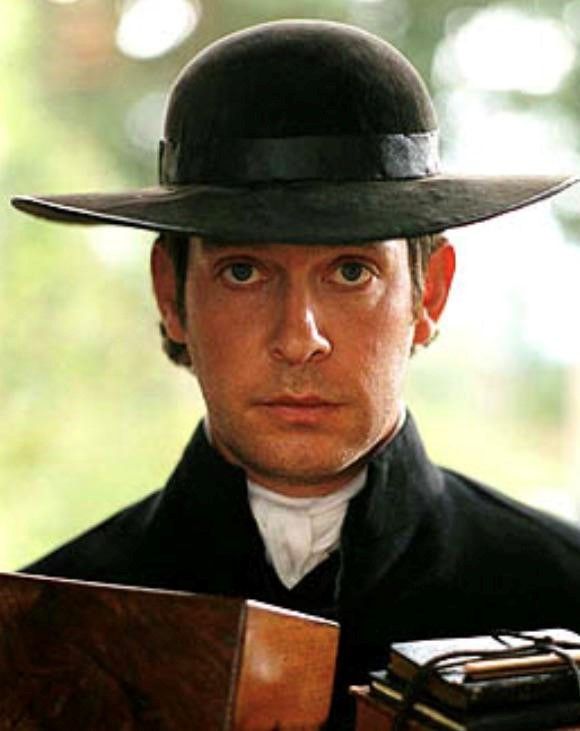
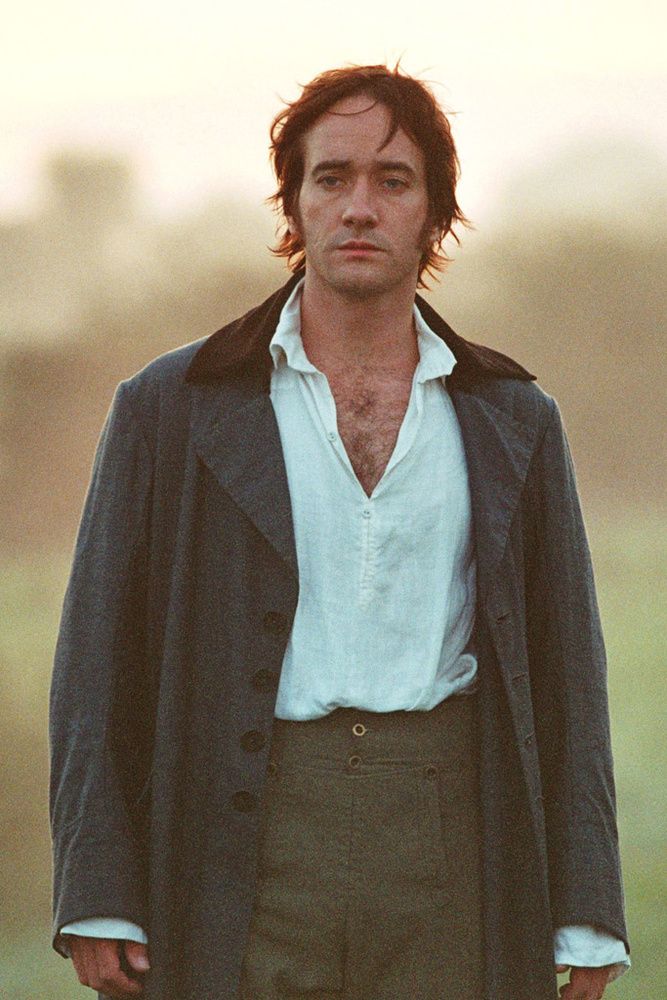
As the novel's title cleverly points out, the story explores subjects of pride and prejudice. The first meeting between Elizabeth and Mr. Darcy was a pivotal bend in the story. She initially felt a spark of interest, but she was sorely aggravated after his careless remarks. His snobbery cost him the first impression between them. Sometimes to her detriment, she relies too much on first impressions of people. Elizabeth took great pride in being an accurate judge of character but later, she had to revise her opinion on Mr. Darcy and Mr. Wickham.
Mr. Darcy held on to his pride too tightly. He had a staggering family fortune and a status in the high-born society circle. Was it any wonder that he was too full of himself? In the film Pride and Prejudice (2005), the actor Matthew Mcfayden portrayed a pompous Darcy who lives up to the character's legacy. I began to understand that Mr Darcy’s family background and wealth were the key motivators behind his pride. I also saw the evidence of classism in Mr Collinsand Lady Catherine de Bourgh, Mr Darcy’s aunt, was a prime example of high-minded superiority. Meanwhile, Elizabeth was not perfect. She had harsh prejudices about Darcy and Mr. Collins.
Love, relationships, and marriage were also recurring themes in Pride and Prejudice. Jane Austen seems to critically analyze the different forms of marriage in the book. Firstly, we meet Mr and Mrs Bennett, who could not even fake affection for each other. Not only that, but Mr Bennett also hardly ever cared about his wife’s wellbeing.

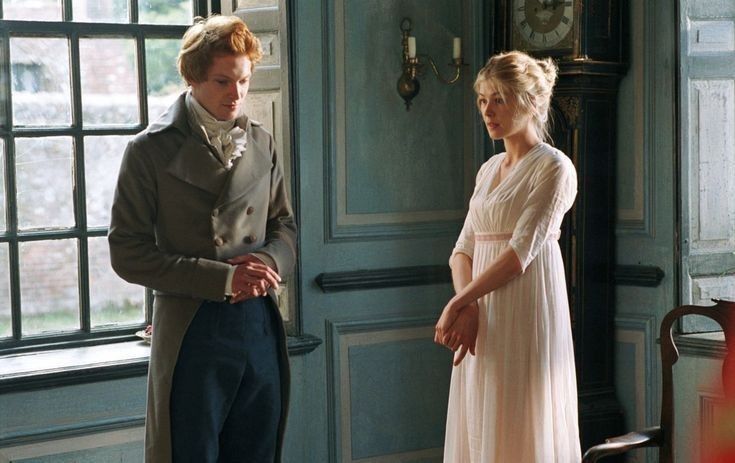
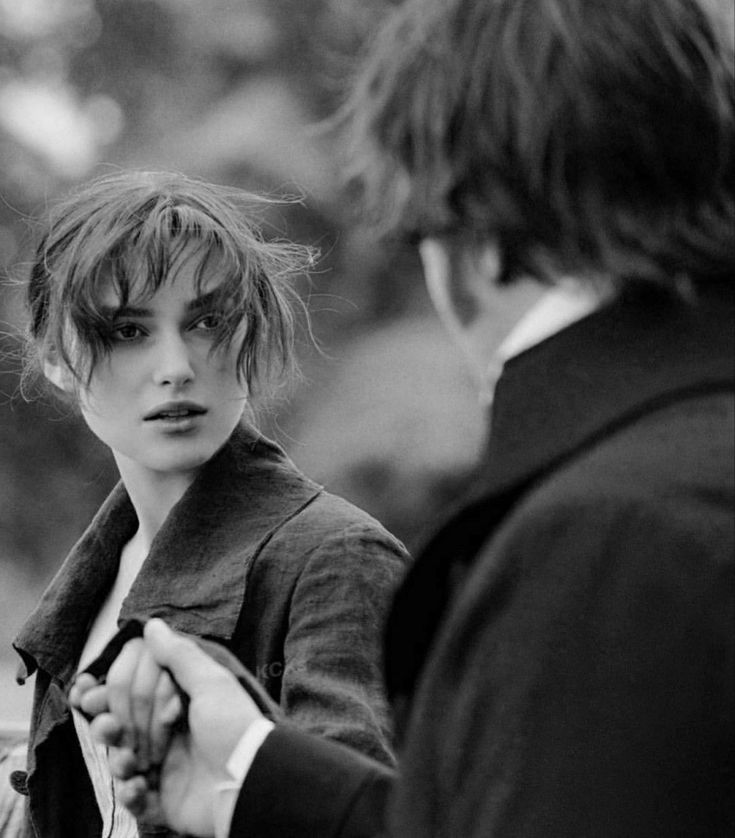
The author also writes about the irony of societal expectations surpassing personal happiness. After Elizabeth’s rejection, an incensed Mr. Collins went on to marry Charlotte, Elizabeth’s friend. Their relationship seems to be farcical to Elizabeth and even to the reader. This shows the reality of being a young woman in the early nineteenth century. They must marry for material gains and long-term security without considering personal wishes or feelings. Austen has subtly criticized this practice through this tale. Even Jane’s and Mr. Bingley’s relationship seems unstable since their relations and friends interfere at every turn. It makes me wonder if any marriage in the story portrayed the ideal love and respect between spouses.
Elizabeth’s and Darcy’s paths to the altar seem to be filled with misunderstandings and bad timing. Readers love how these characters grow apart but still find their way back to each other. Comparatively, theirs is a more realistic example of love. Darcy has long admired Elizabeth’s outspokenness and her spirit. Though it took some time, she saw his finer qualities and his love shown by his actions. Honestly, this was a slow burn for the ages. Wasn’t it hilarious how Lady Catherine’s interference catapulted our favorite couple back together? She deserves a ‘Thank You’ note for sure. Ironically, the dear aunt managed to be the hand of fate that led Elizabeth and Dary to reunite. It is an immensely satisfying stroke of genius to read. I also loved the fact that it was not a neatly tied-up ending. Some characters received their comeuppance, but others retreated to their mundane lives.
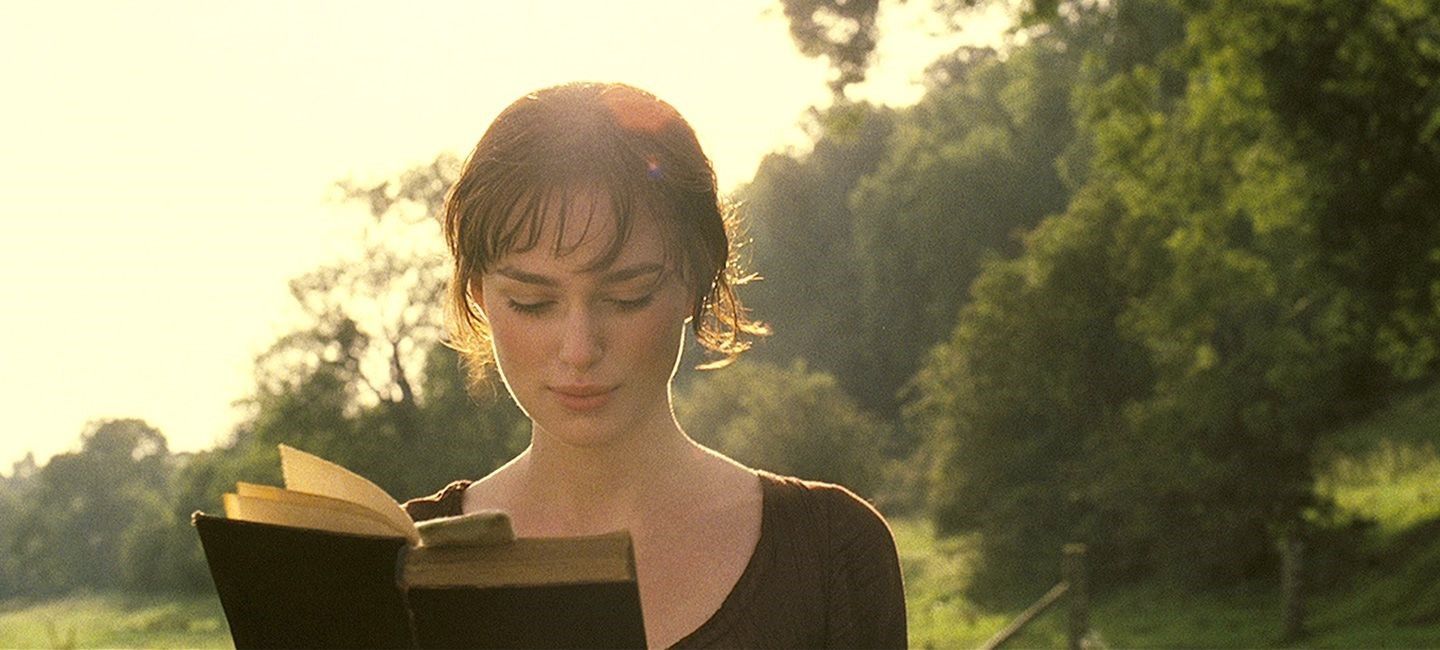
I will never tire of reading books based on Pride and Prejudice, binging on Pride and Prejudice movies, and discussing these characters at length. In fact, please dear reader my fondest dream is to plan a Pride and Prejudice-themed reading party. Hope I can count on you to be there!



